This year, I have the opportunity to spend a cold and wet Advent season in the UK. Advent is my favourite time of the year. In the church, the liturgy takes on a slightly different shape. The hymns carry the theme of longing, waiting, and expectation; the liturgical colour is purple; the Gloria in Excelsis Deo (Glory to God in the Highest) is replaced with Kyrie Eleison (Lord, Have Mercy); and the Advent wreath replaces the flowers. The lighting of the Advent candles reminds us to keep awake, watch, wait, for as we prepare for Christ’s coming.
In the Northern Hemisphere, Advent is also the darkest season of the year (and very wet and gloomy where I am at the moment). Perhaps this is an appropriate reminder of the broken world we live in, and how much more we need the light of Christ to shine in the darkness of our world. As we prepare ourselves for Christmas and celebrate the coming of the Christ child, we also look forward in anticipation of his Second Coming where he will come to reign as King and Judge. At the same time, we pray and long for a better Malaysia, especially after the recently concluded GE15 resulting in a hung parliament. We give thanks for the appointment of a new Prime Minister. Yet, we are reminded that our real hope is not found in the politics of the nation. It is only anchored in Christ, who died and rose, and who will come again.
Advent: a season of waiting, a season of longing, a season of anticipation. But it is never a season without hope.
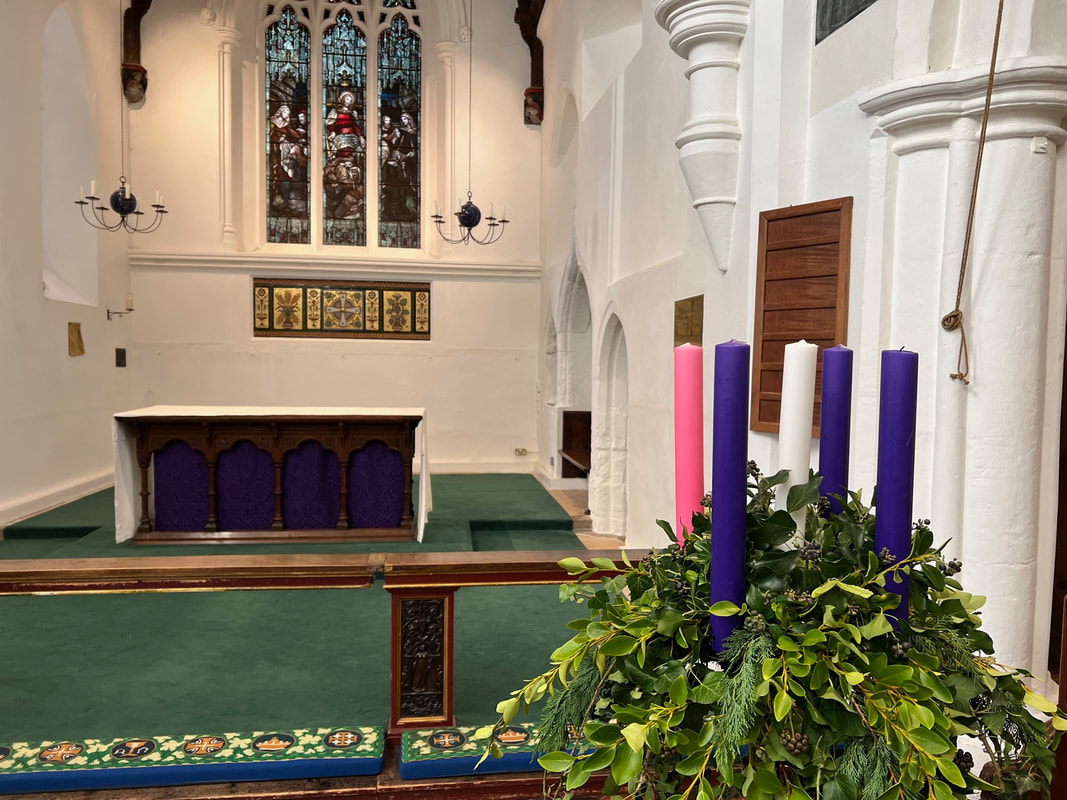
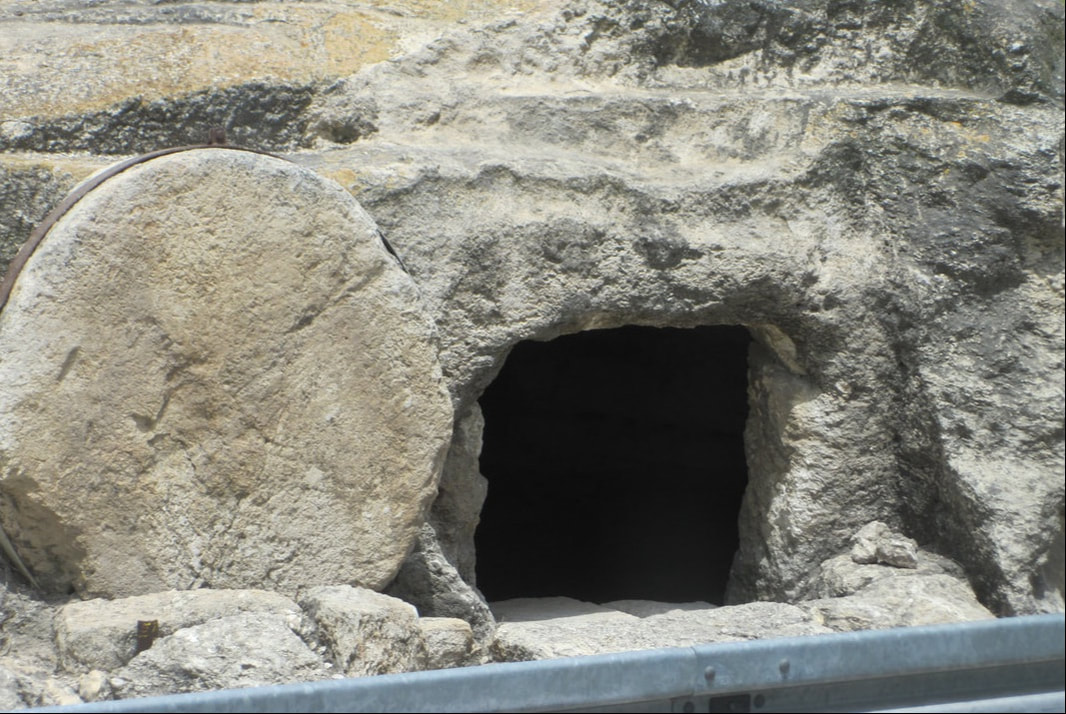
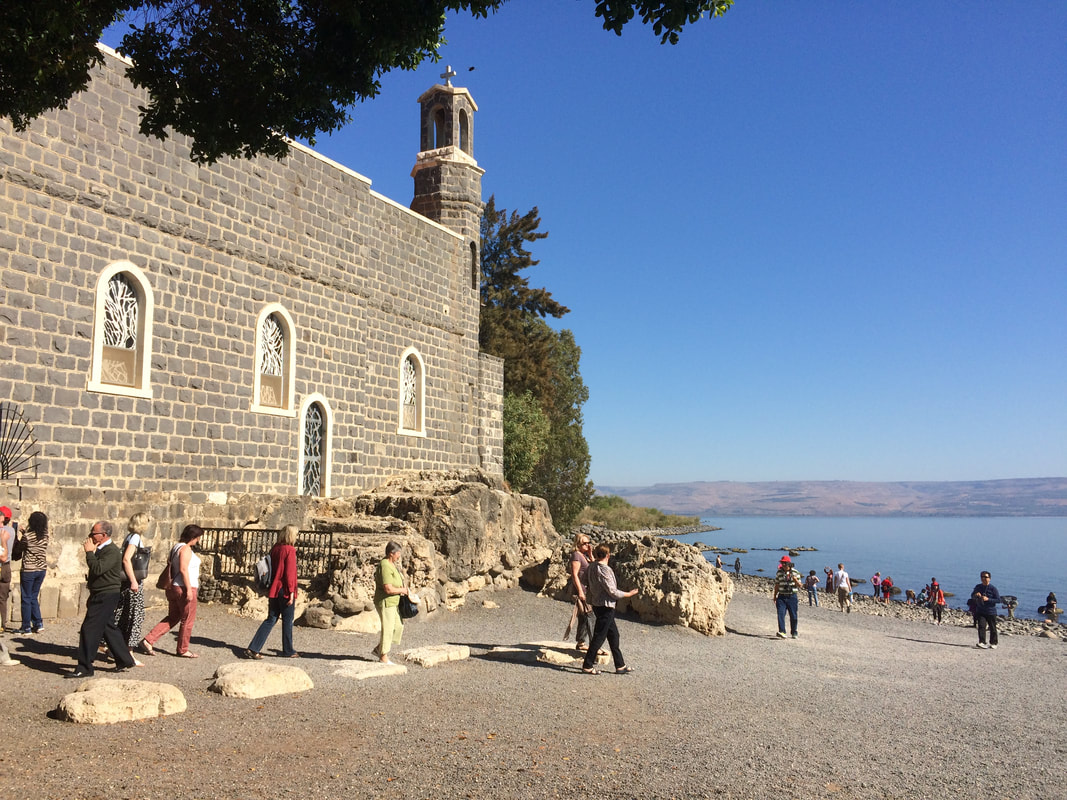
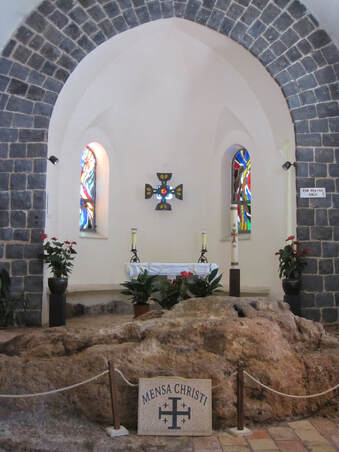
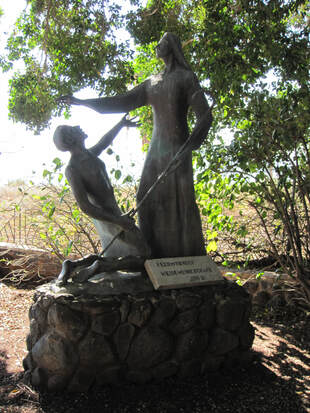
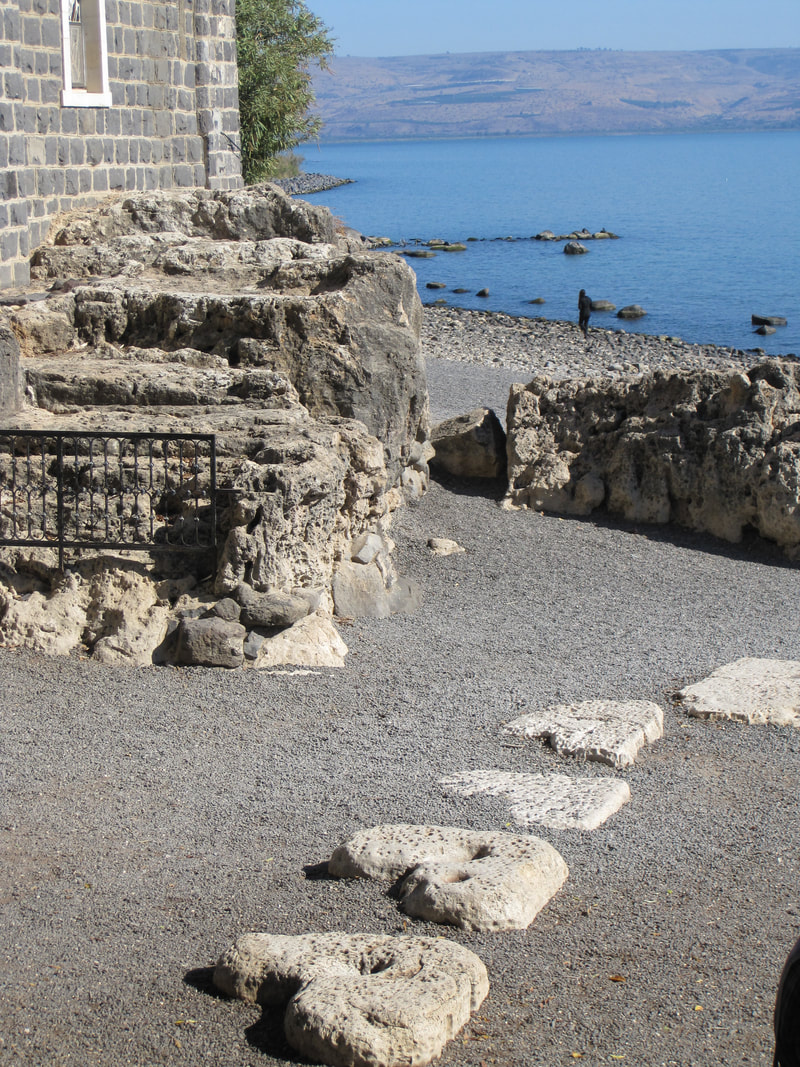
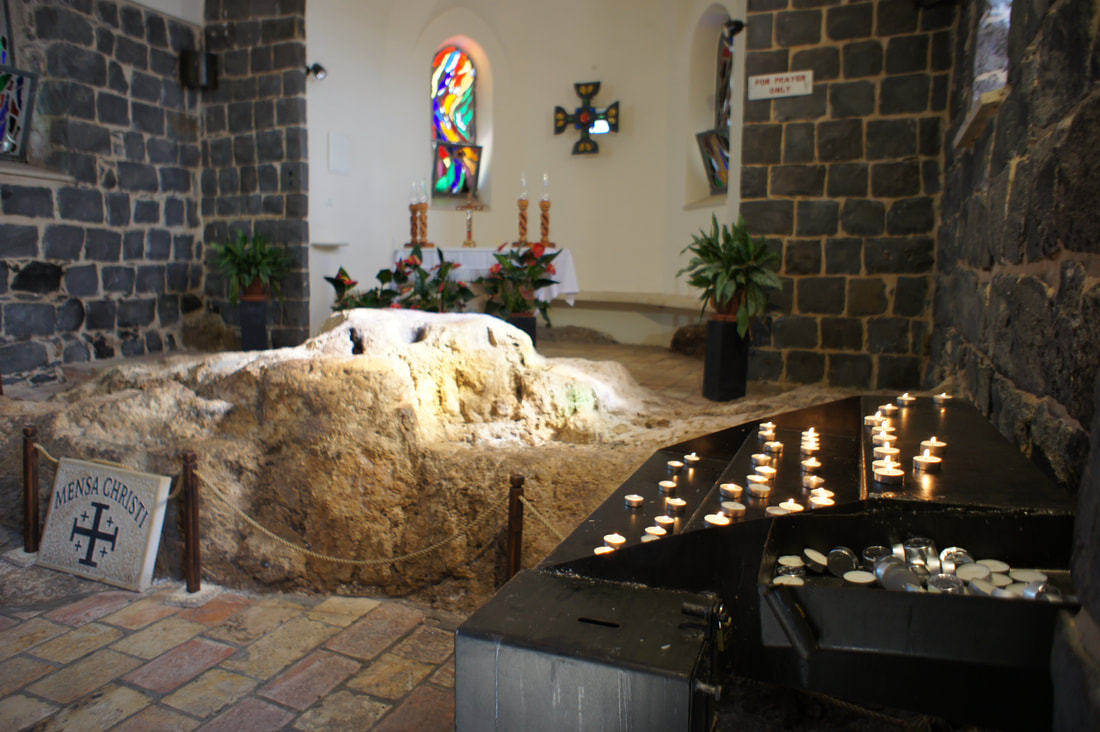
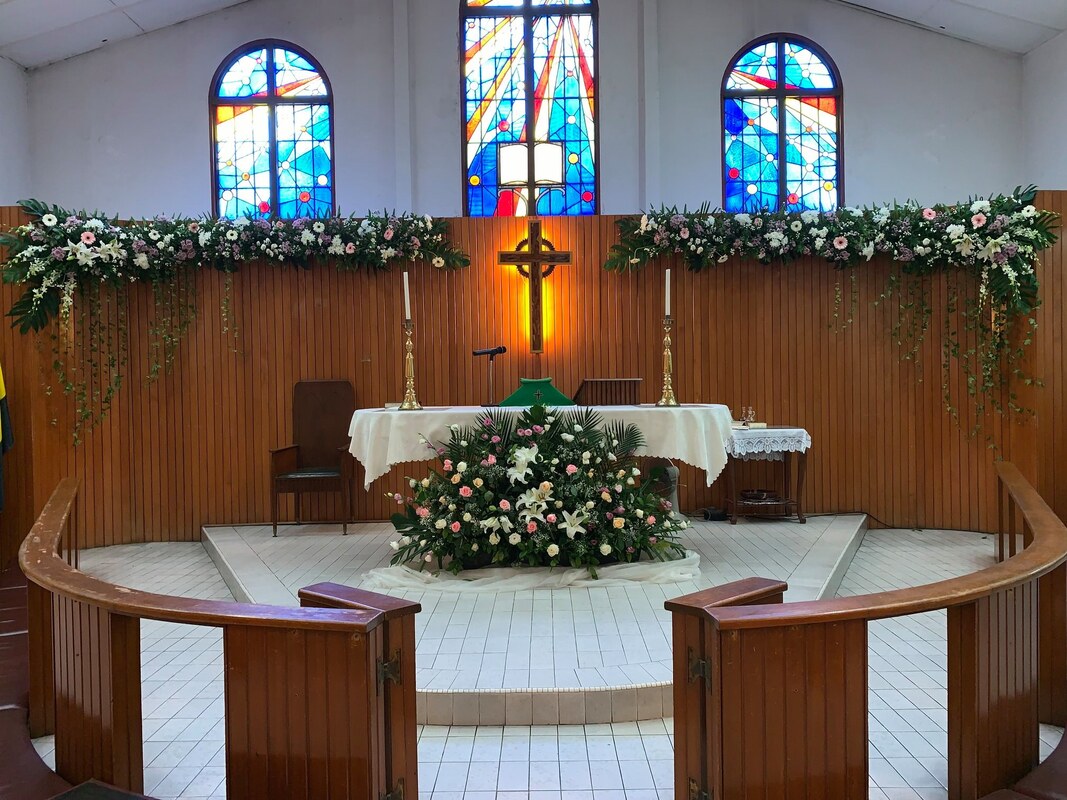
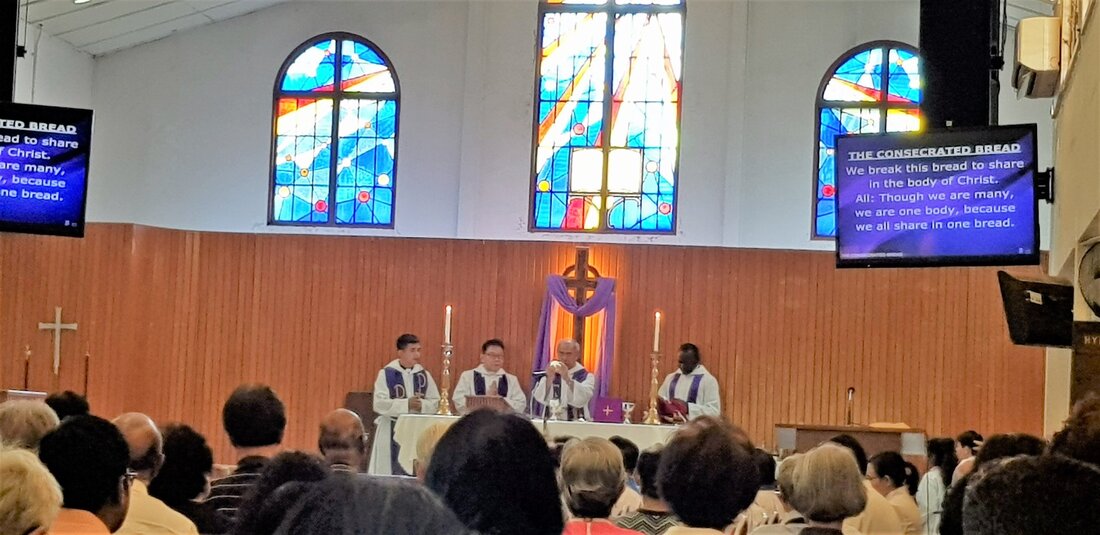
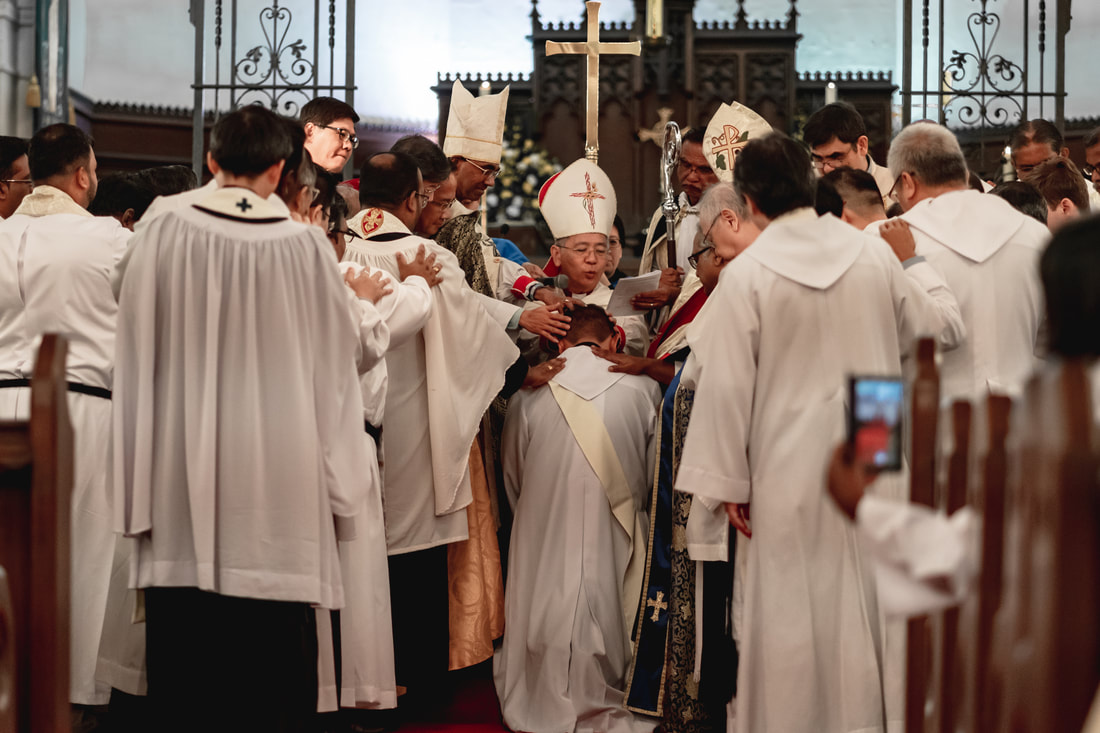
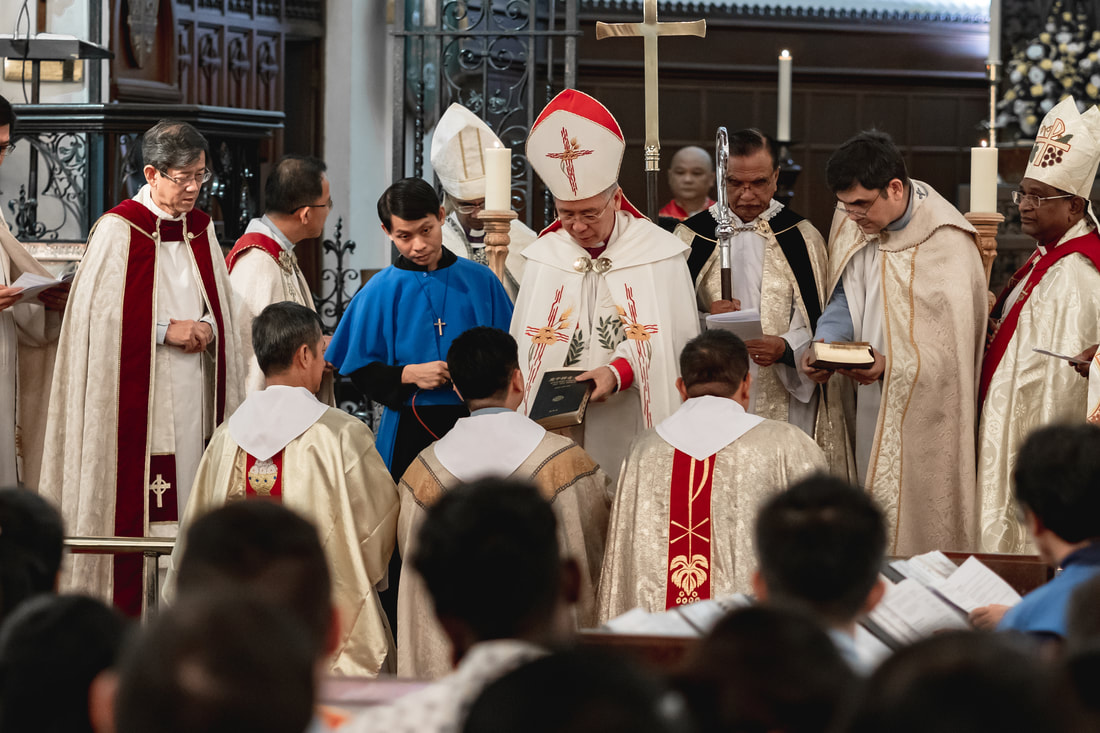
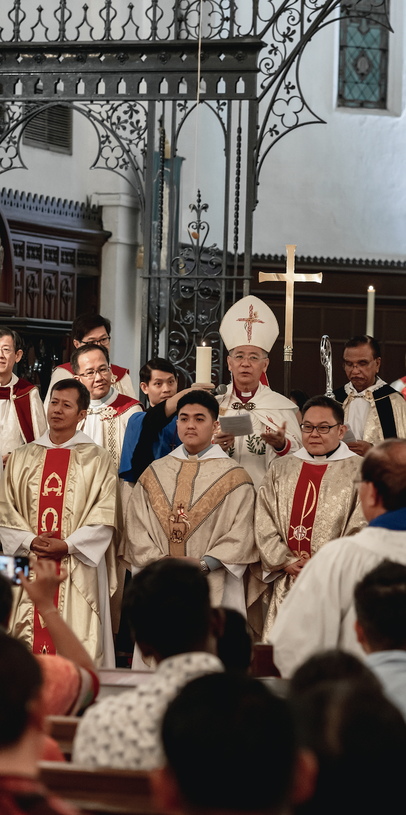
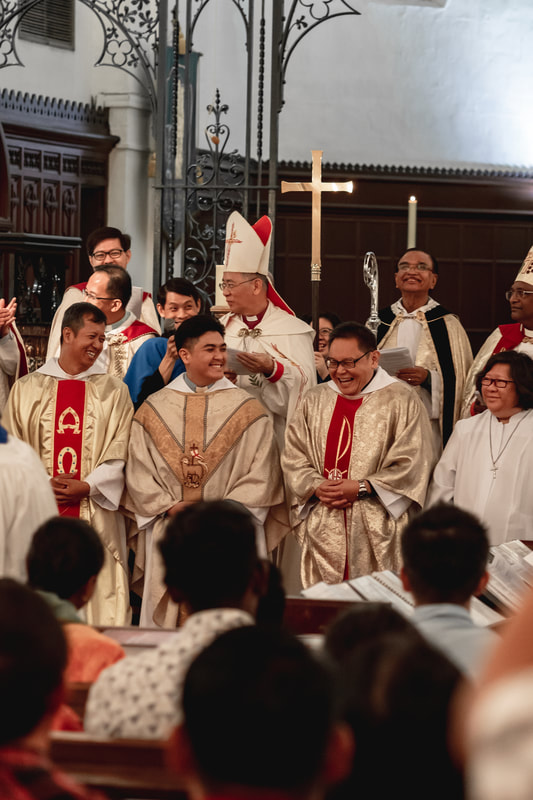
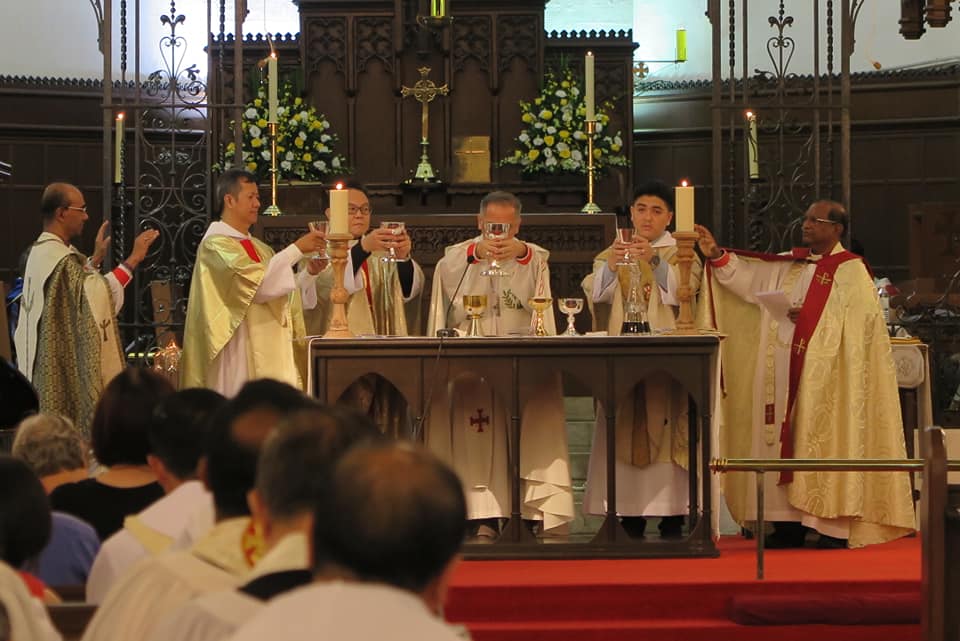
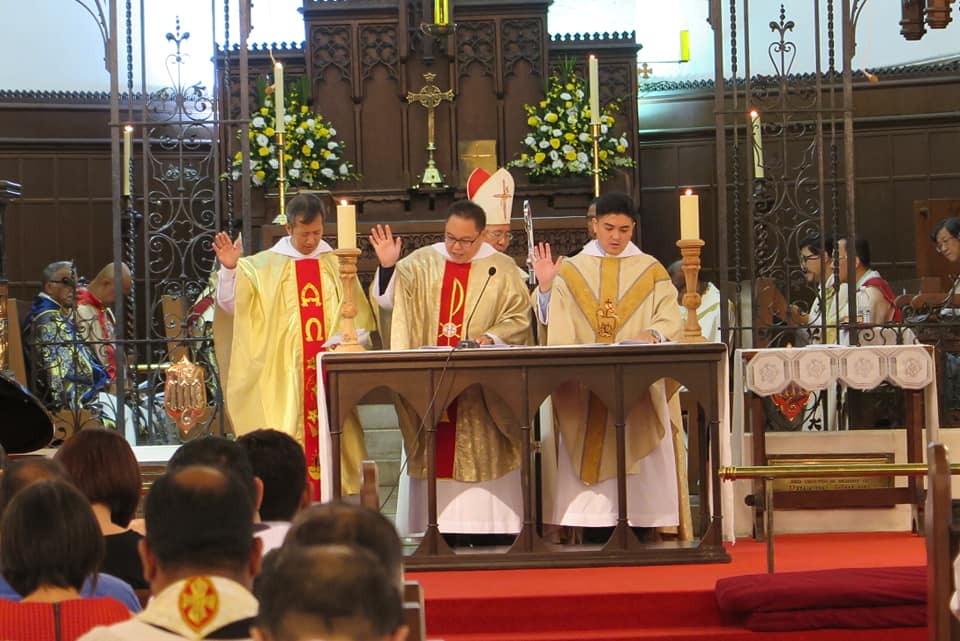
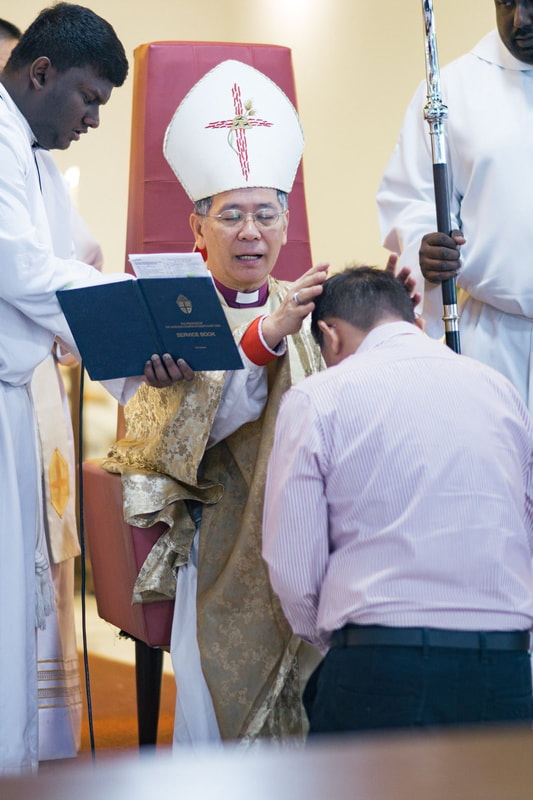
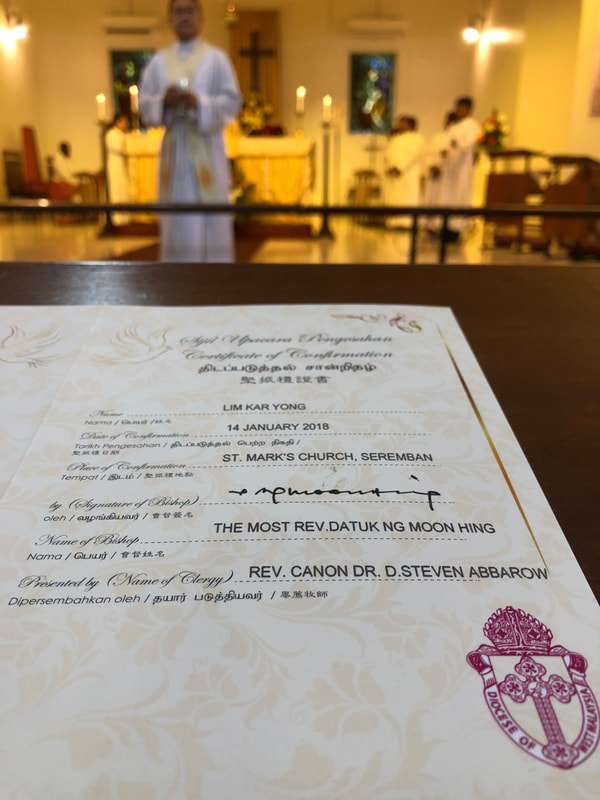
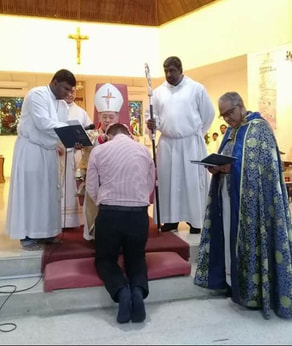
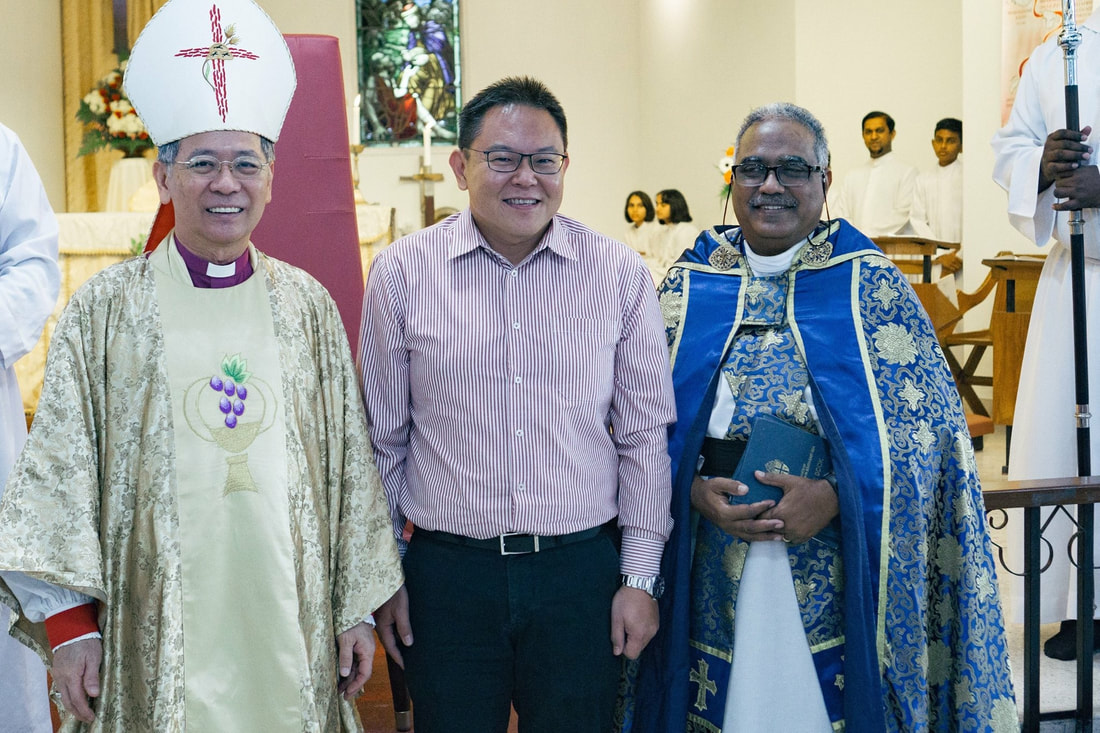
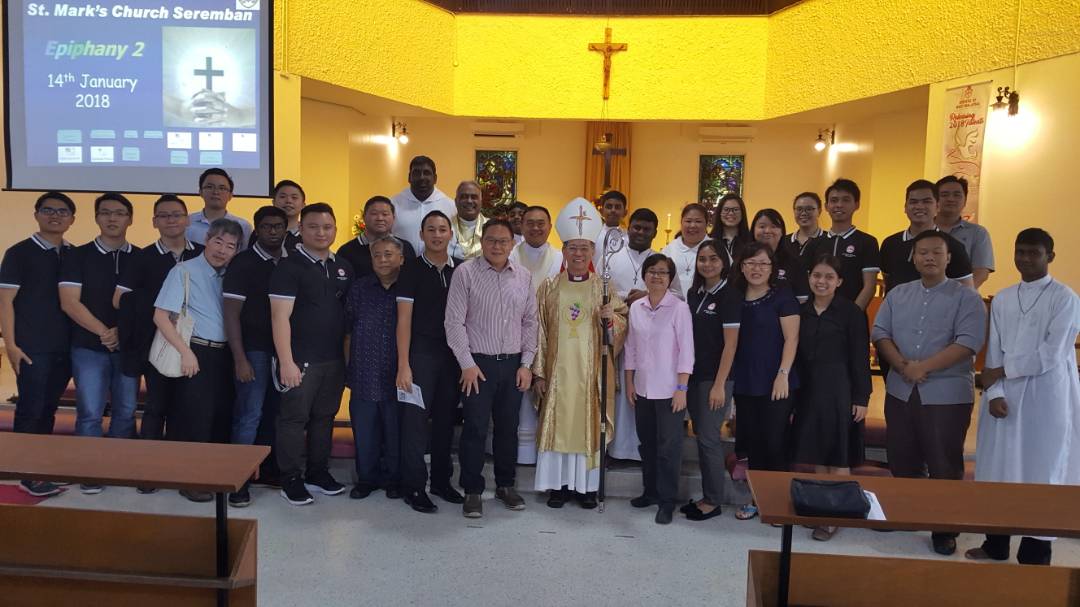
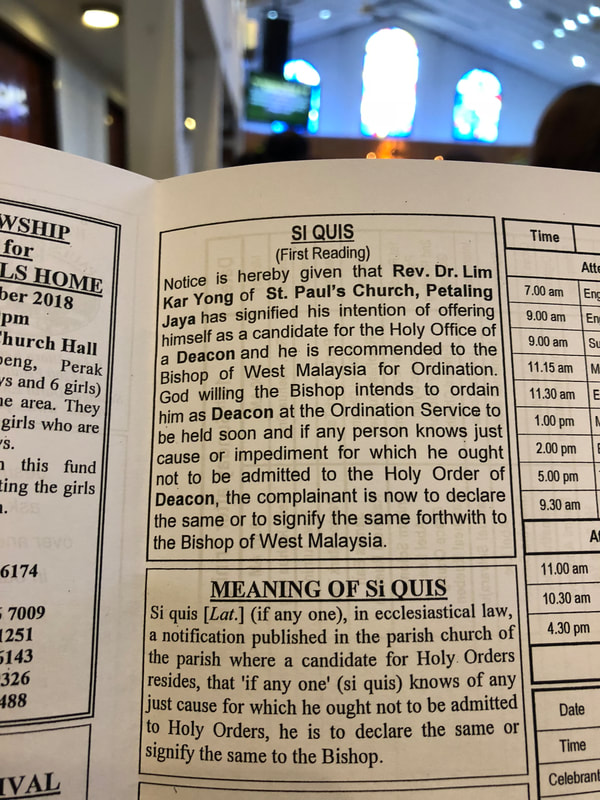
 RSS Feed
RSS Feed